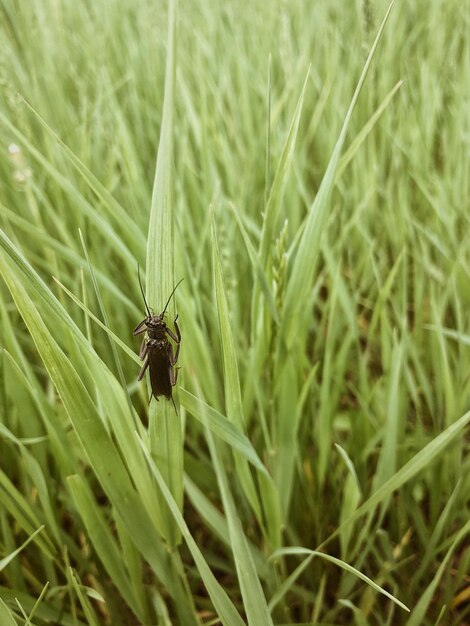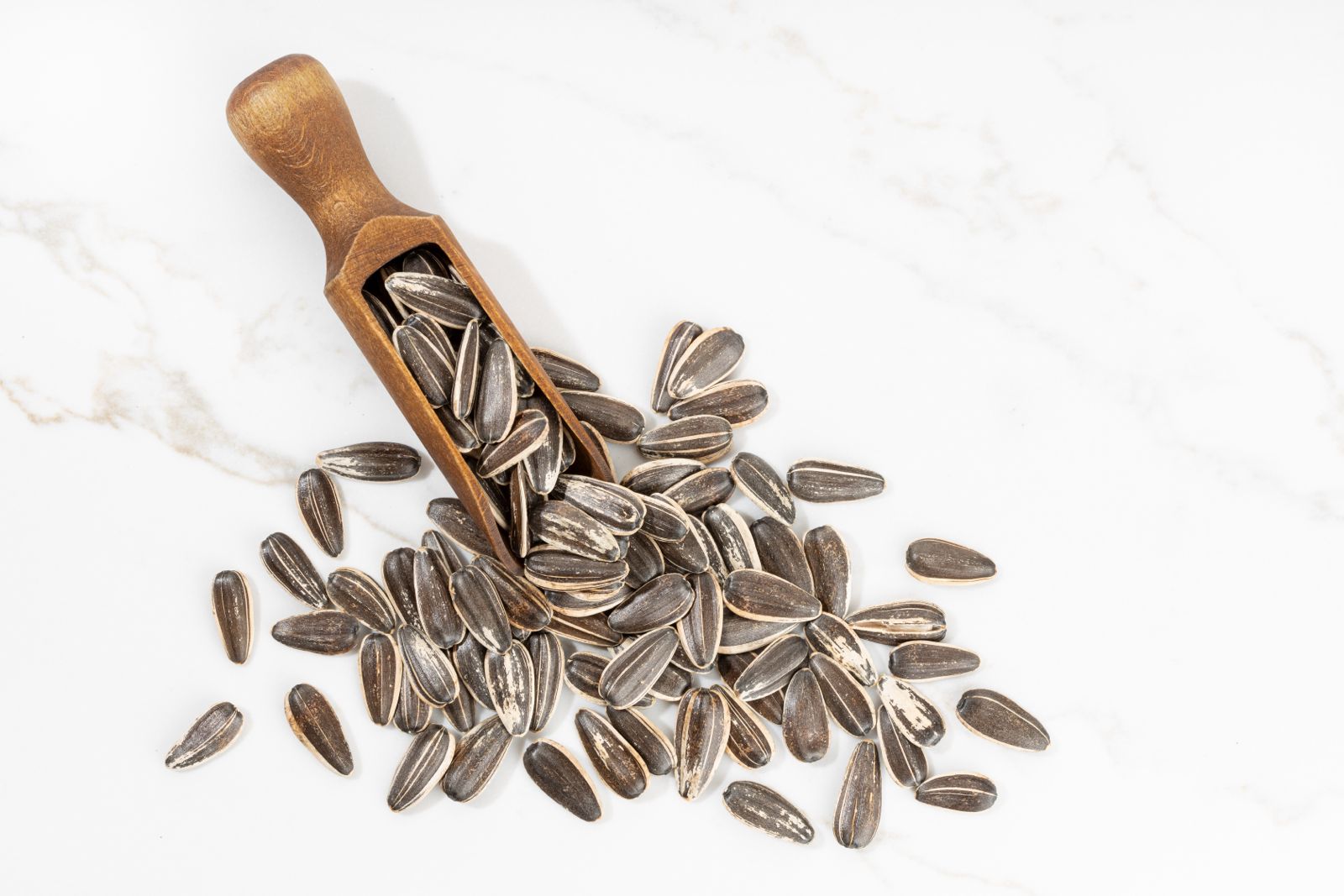Hyderabad: As farmers in the State gear up for the preparatory Vanakalam (Kharif) activity, thanks to the early onset of monsoon, a thriving racket of spurious and banned cotton seeds is pushing the State’s already distressed farmers into a deeper crisis.
Despite government crackdowns, counterfeit seeds, including banned herbicide-tolerant (HT) Bollgard-3 (BG-3) varieties, continue to flood markets in Adilabad, Mancherial, Nalgonda, Mahabubnagar and Warangal districts, deceiving farmers with false promises of higher yields and reduced weed growth.
The scale of the issue and its impact on the farmers is enormous. In Mancherial alone, where cotton is cultivated across 10 lakh acres, approximately 10,000 quintals of seeds worth Rs 50 crore are required annually. A major portion of these are spurious, leading to poor germination, lower yields and devastating financial losses for farmers already grappling with market volatility and unpredictable weather.
The high market prices of cotton (Rs 8,000-Rs 14,000 per quintal) have fuelled the demand for quality seeds, making farmers easy targets for a section of traders selling fake or substandard seeds at discounted rates without proper branding or billing.
The banned BG-3 seeds, outlawed due to their environmental hazards such as soil nutrient depletion and pollution, are smuggled from neighbouring States such as Andhra Pradesh, Maharashtra and Karnataka. Middlemen, often appointing local agents, are capitalising on the early arrival of the Southwest Monsoon to peddle these seeds along with rejected “loose” seeds that fail to deliver promised yields.
Recent seizures have sufficiently exposed the racket. On May 26, officials confiscated 27 packets of spurious seeds in Adilabad, followed by 30 kg in Mancherial on May 24. In Asifabad and Mancherial, around 5 tonnes of fake seeds, including 20 quintals of BG-3 worth Rs 60 lakh in Kagaznagar and 3.7 tonnes worth Rs 98.75 lakh smuggled from Karnataka, were seized in recent weeks. In March, a racket in Hanamkonda was busted, with spurious seeds and pesticides worth Rs 78.63 lakh seized and seven arrests made.
But the government response is falling short. Though special task forces of agriculture and police officials were formed to conduct raids targeting illegal seed operations and invoke the Preventive Detention (PD) Act against repeat offenders, there has been no sign of spurious seed traders backing down.
Awareness campaigns, such as the Telangana Annual Seed Festival (Vitthanala Panduga) in April, aimed at promoting native seed conservation and sustainable practices were organised. But the menace persists. The failure to curb smuggling and the continued availability of banned BG-3 seeds highlight the gaps in enforcement and supply chain regulation.
Spurious seeds result in crop failures, plunging farmers into debt and despair. In districts such as Adilabad and Mahabubnagar, where cotton spans over 11 lakh and 5 lakh acres respectively, middlemen are exploiting the pre-season rush. “Farmers are lured by low prices and promises of high yields, only to face ruined crops and empty pockets,” said an agriculture official.
















